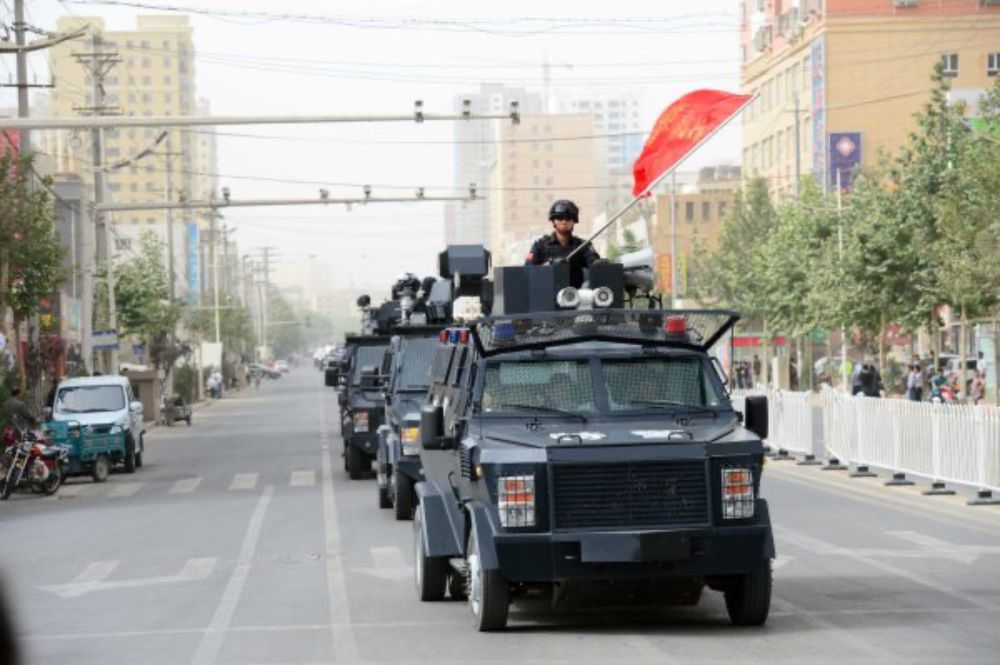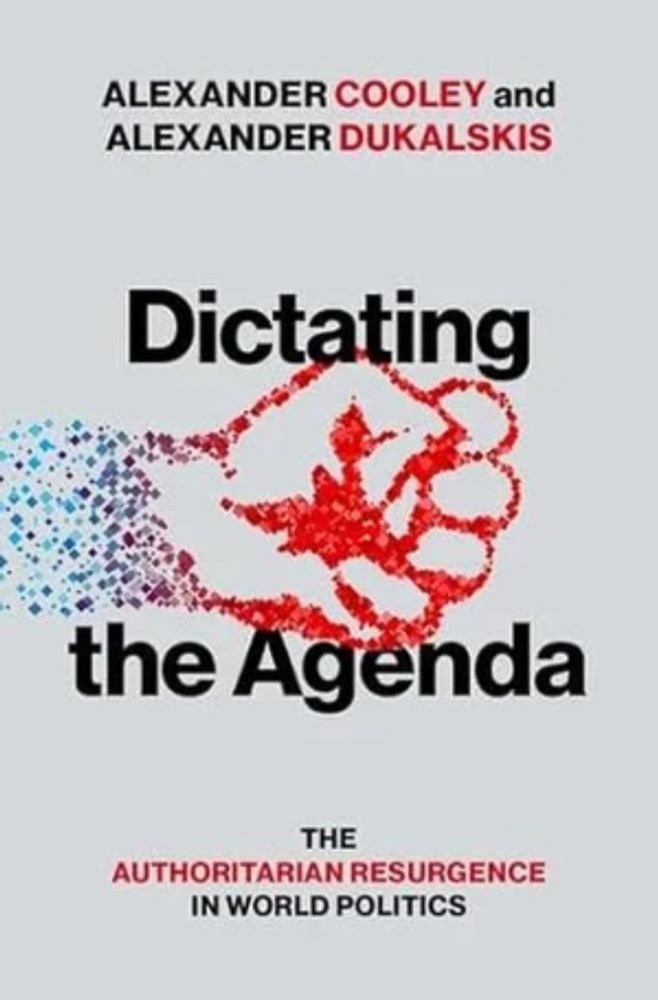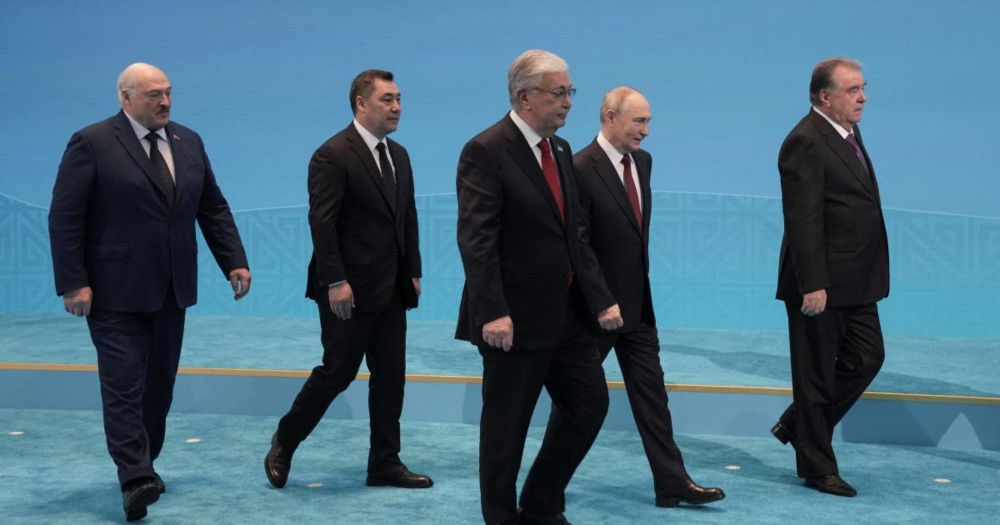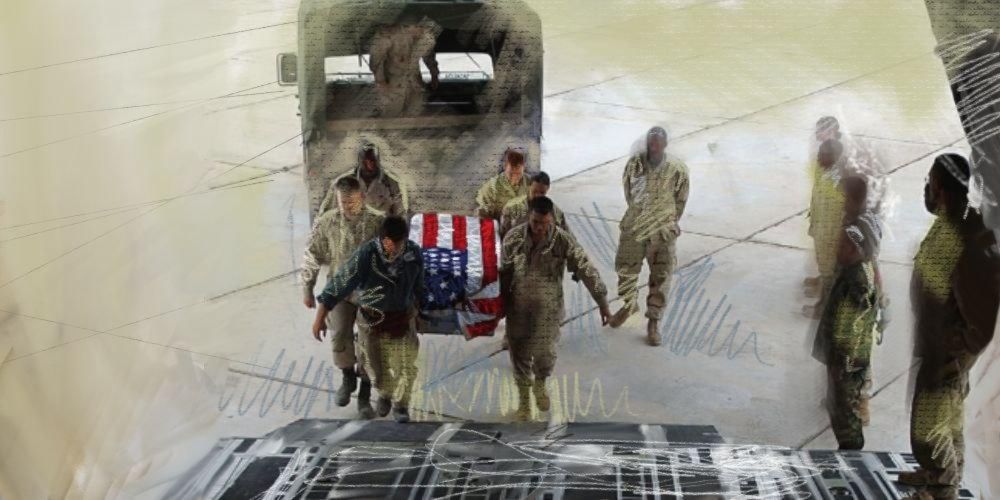Alexander Cooley
@cooleyoneurasia.bsky.social
230 followers
29 following
1 posts
Professor of Political Science at Barnard College and current Vice Provost for Research and Academic Centers. Eurasia, International Order, and Geopolitics & the Academy.
Posts
Media
Videos
Starter Packs
Reposted by Alexander Cooley
Reposted by Alexander Cooley
Reposted by Alexander Cooley
Reposted by Alexander Cooley
Reposted by Alexander Cooley
Reposted by Alexander Cooley
Alex Dukalskis
@alexdukalskis.bsky.social
· Aug 19

Dictating the Agenda: The Authoritarian Resurgence in World Politics - Audiobook - alexander cooley, Alexander Dukalskis - ISBN 9798318530715 - Storytel International
Following the end of the Cold War, the world experienced a remarkable wave of democratization. Over the next two decades, numerous authoritarian regimes
www.storytel.com
Reposted by Alexander Cooley
Alex Dukalskis
@alexdukalskis.bsky.social
· Jul 14
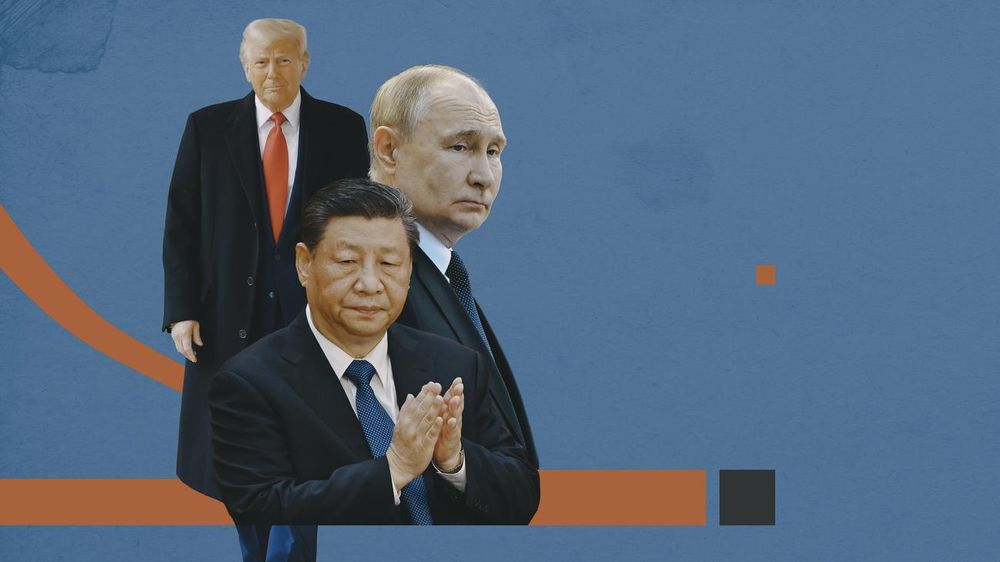
Autoritäre Staaten: "Dann würde die liberale Ordnung schlicht zerbrechen"
Was, wenn das autoritäre Zeitalter längst begonnen hat? Zwei Politologen im Gespräch über die dramatische Lage – und die vielleicht letzte Chance für die Demokratie.
www.zeit.de
Reposted by Alexander Cooley
Christina Cottiero
@ccottiero.bsky.social
· Jun 25
Reposted by Alexander Cooley
Reposted by Alexander Cooley









